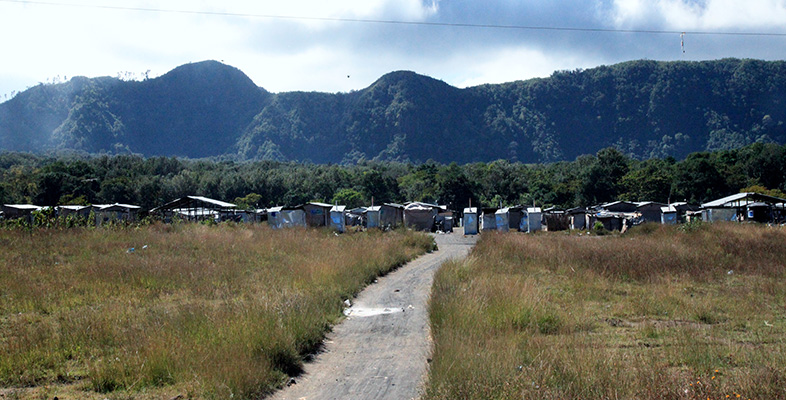5.3. 1 What would you include in such a test?
An advisory group which drew up proposals for the new ‘Life in the United Kingdom’ naturalisation test, believed that the ‘two senses of “citizenship”, as legal naturalisation and as participation in public life, should support each other. In what has long been a multicultural society, new citizens should be equipped to be active citizens’ (Home Office Immigration and Nationality Directorate, 2003, Section 2).
Although they claimed that becoming British ‘does not mean assimilation into a common culture so that original identities are lost’ (Home Office Immigration and Nationality Directorate, 2003, Section 2), their description of what is required to become an ‘active citizen’ includes ideas of a fixed British way of life, with references to ‘we British’ and to ‘our history’. Becoming an active citizen is said to require as a beginning:
practical and immediately useful knowledge of British life and institutions … If new citizens feel that such guidance is useful, many will want to go on to gain a deeper knowledge of our history, beyond that richer sense of national identity that comes from living in a country over the years and mixing with its settled inhabitants and other new citizens.
(Home Office Immigration and Nationality Directorate, 2003, Section 3)
The Joint Council for the Welfare of Immigrants (JCWI) suggests that these measures ‘elevate the status of citizenship from a right to a privilege … similar to admission to a private club where the applicant has to convince the existing members that their “face fits the mould”’ (Joint Council for the Welfare of Immigrants, 2002, p. 3).
Thus citizenship is constructed here as a particular kind of belonging, that of individual and social practices, articulated as practices of the everyday, with a moral dimension, about how ‘we’ ought to behave to one another. It reflects the generalised anxieties over multiculturalism and cultural identity that prevail in the UK in the early twenty-first century, to which postcolonial perspectives draw our attention. Valentine explains it in this way:
transnational migration and diasporic cultures and identities have provoked fears that the boundedness and distinctiveness of individual nations’ cultures are under threat, and that, as a consequence, so too is the nation state … Across Europe legal and illegal migrants (particularly those who are non-white) are being identified as a threat to the economic and cultural well-being of nation states because they are regarded as a drain on the welfare state and as polluting national culture.
(Valentine, 2001, p. 314)
